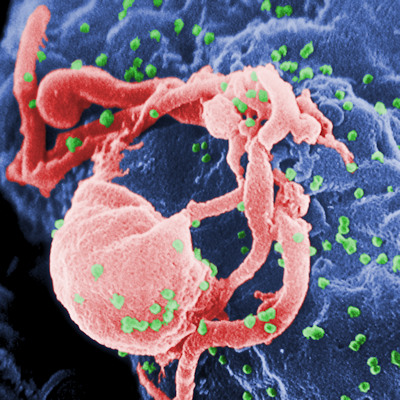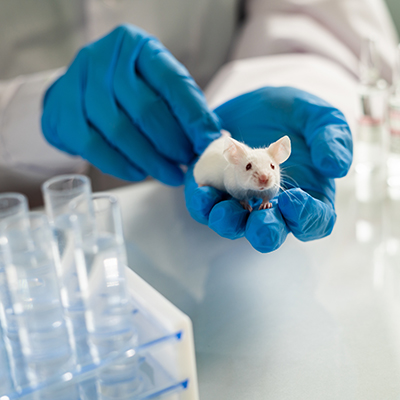November 23, 2022 -- A study by researchers from George Washington University (GWU) may explain why chronic inflammation occurs in people living with HIV and how suppression or even eradication of the virus may not resolve it.
In a paper published November 14 in the journal Cell Reports, the researchers describe how an HIV protein permanently alters immune cells in a way that causes them to overreact to other pathogens. When the protein is introduced to immune cells, genes in those cells associated with inflammation turn on, or become expressed.
These pro-inflammatory genes remain expressed, even when the HIV protein is no longer in the cells. This "immunologic memory" of the original HIV infection is why people living with HIV are susceptible to prolonged inflammation, which puts them at greater risk for developing comorbidities, including cardiovascular disease, neurocognitive dysfunction, and others, according to the researchers.
In the study, the team isolated human immune cells in vitro and exposed them to the HIV protein called Nef. The amount of Nef introduced to the cells is similar to the amount found in about half of HIV-infected people taking antiretrovirals whose HIV load is undetectable. The researchers then introduced a bacterial toxin to generate an immune response from the Nef-exposed cells.
Compared to cells that were not exposed to the HIV protein, the Nef-exposed cells produced an elevated level of inflammatory proteins, or cytokines. When the team compared the genes of the Nef-exposed cells with the genes of the cells not exposed to Nef, they identified pro-inflammatory genes that were in a "ready-to-be-expressed" status because of the Nef exposure.
Since suppressing or even eliminating HIV does not remove the risk of comorbidities, patients and their doctors "should still discuss ways to reduce inflammation," lead author Michael Bukrinsky, professor of microbiology, immunology, and tropical medicine at GWU's School of Medicine and Health Science, said in a statement.
The findings in this study could also help explain why certain comorbidities persist following other viral infections, including COVID-19, Bukrinsky added.
Copyright © 2022 scienceboard.net









